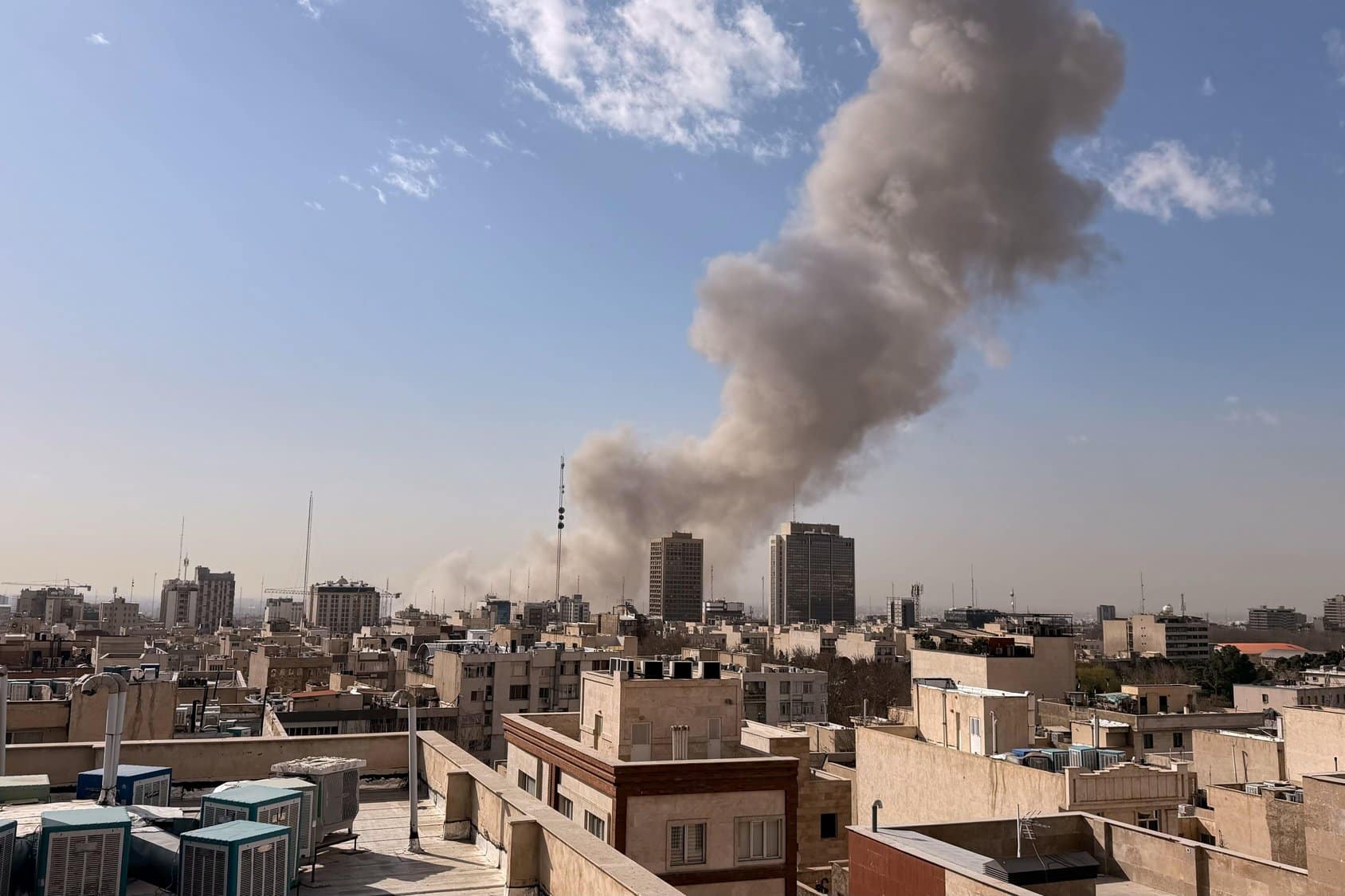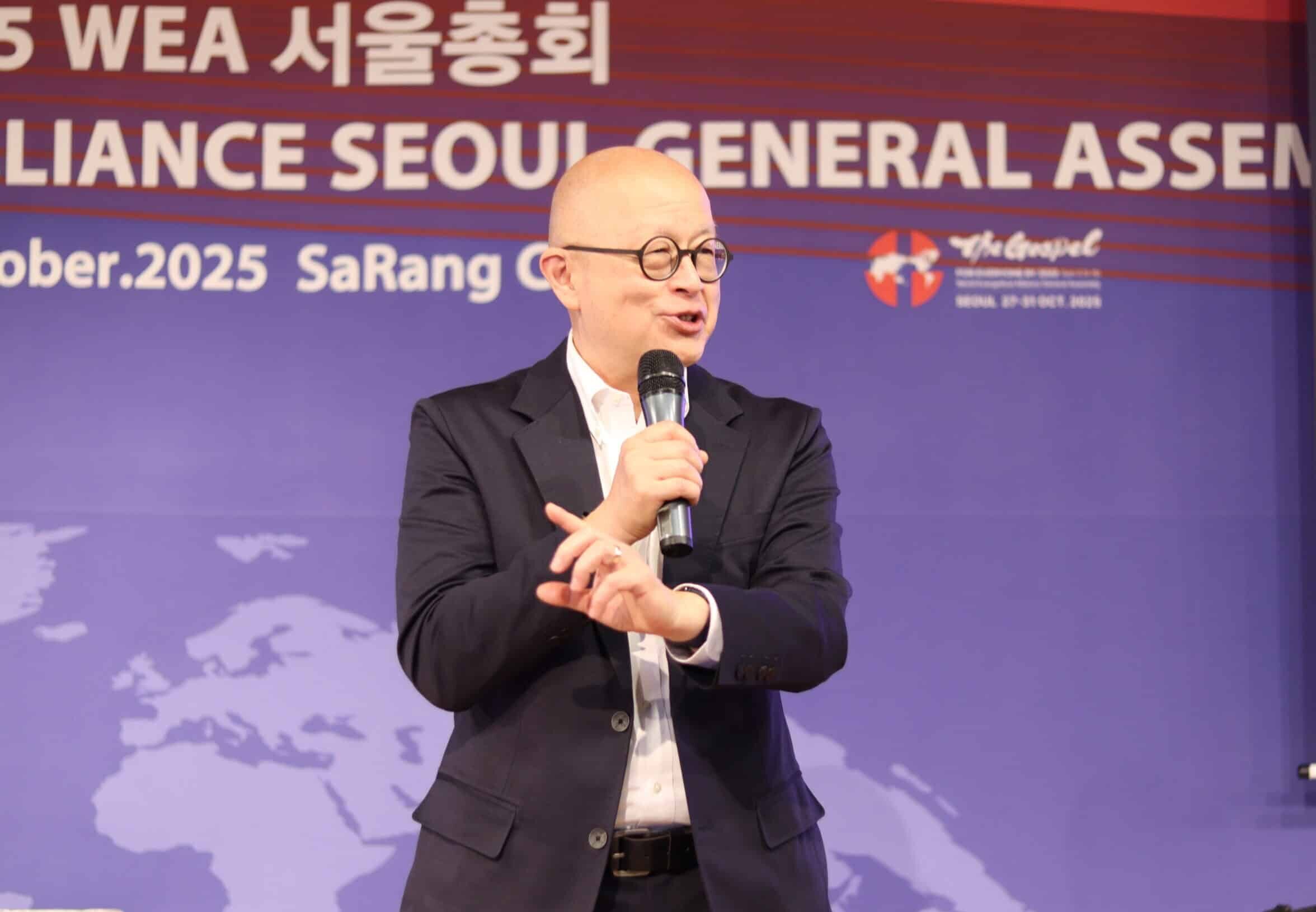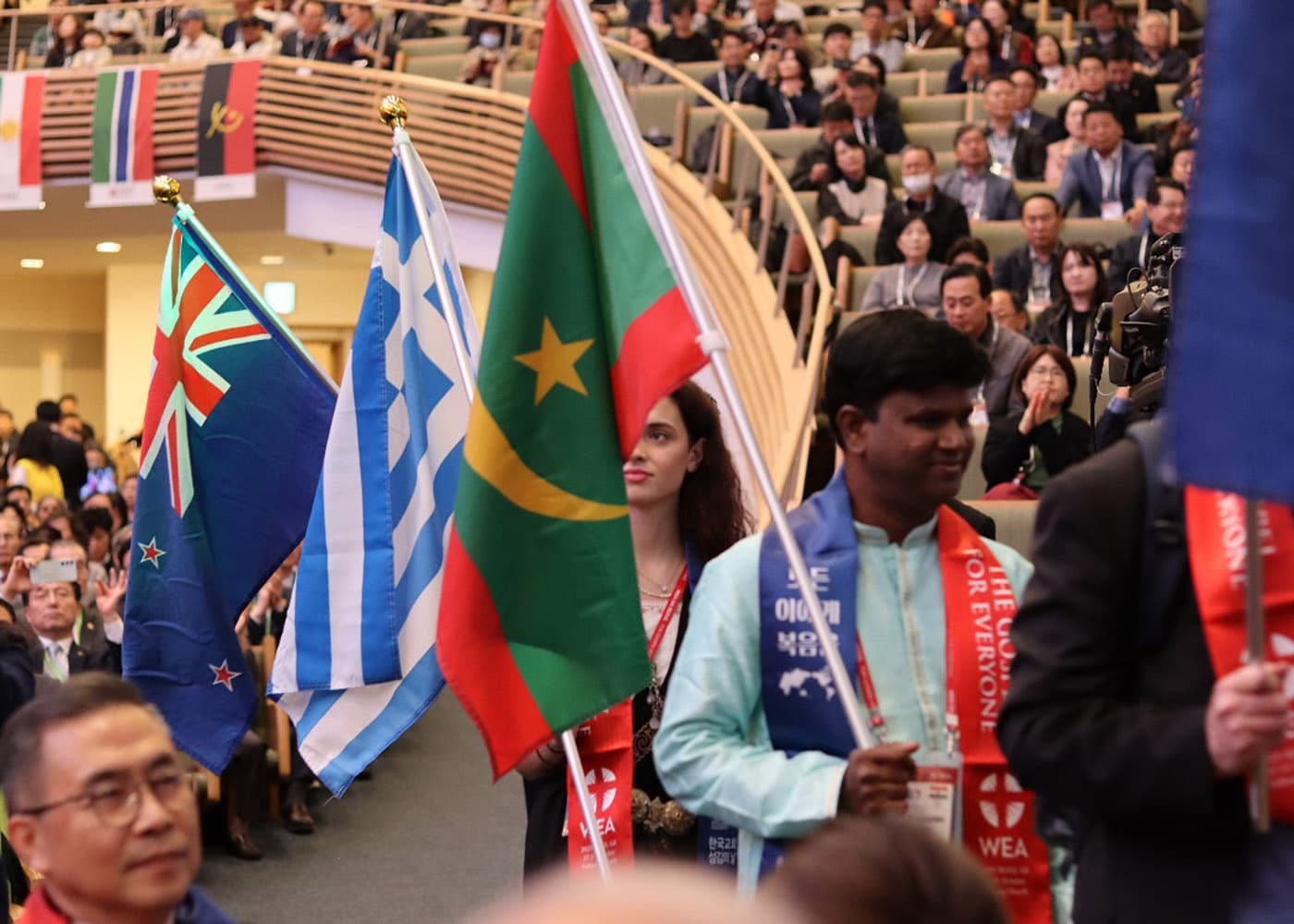The International Institute of Religious Freedom (IIRF), affiliated with the World Evangelical Alliance (WEA), has officially endorsed the 2023 version of the World Watch List (WWL) of Open Doors, the widely cited annual ranking of the 50 countries where it is most risky to be a Christian.
Each year the IIRF conducts a formal audit of the WWL, due to the enormous significance for religious freedom advocacy of demonstrating that the reports on persecution of religious believers are accurate.
“The WWL is very important as it provides reliable data,” said Janet Epp Buckingham, the WEA’s Director of Global Advocacy and editor of the IIRF’s International Journal of Religions Freedom. “The IIRF audit ensures that it is trustworthy. The annual release of the WWL is much anticipated by advocates for religious freedom as well as policymakers in countries around the world.”
The 2023 WWL ranks North Korea in the top spot overall, but it finds that the country with the greatest risk of martyrdom is Nigeria, due mainly to radical Islamist movements. The more than 5,000 murders in Nigeria represent nearly 90 percent of the global total number of documented killings, and the remainder of sub-Saharan Africa adds another 5 percent.
“World Christianity has to focus more on this problem and push governments around the globe to help stop the rising tide of extremism in this region,” said WEA Secretary General Thomas Schirrmacher. “We are dedicated to helping to preserve the freedoms of religious believers in Nigeria and neighboring countries.”
IIRF International Director Dennis Petri stated that in 2023, his organization intends to supplement the WWL by developing its own Global Religious Freedom Index, which will include a comprehensive report on the state of religious freedom for people of all faiths.
The IIRF audit consisted of two parts: (1) assessing proper application of the evaluation methodology, and (2) verifying the accuracy of the assessment in six selected countries. The audit team included six high-level academics from different disciplines and nationalities who have active expertise on religious freedom.
See also:





Stay Connected